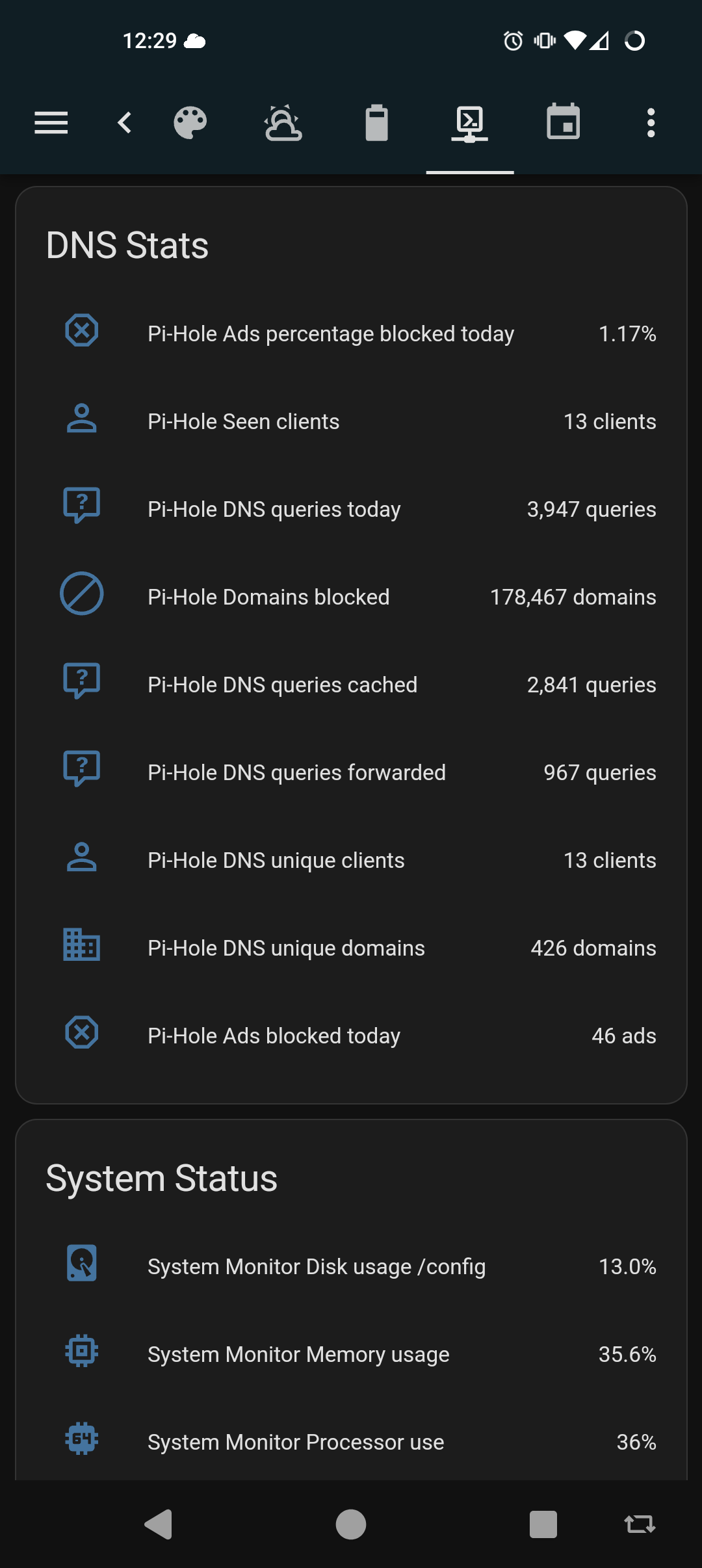

Termux (on F-droid) is a userland environment that runs on top of your Android device’s kernel. It has Debian/Ubuntu-like package management system that pulls from repos maintained by the termux team. If the package is available for aarch64, its probably available in the termux repos. Its not so much of an app as it is an alternate userland that runs on top of the same kernel, but can interact with Android a couple of different ways.
The main Termux app gets you a basic command line environment with the usual tools included in a headless Linux install. From there you can select your preferred repos, do package updates, installs, etc, just like on a desktop or laptop. You could even install a desktop environment and use RDP to access it.
Then there are some companion apps that are useful:
- Termux:boot is like a primitive rc.d feature that executes upon boot up any scripts found in the termux ~/.termux/boot directory. You could use the feature to launch an SSH server, or perhaps start your syncthing service when the phone starts up.
- Termux:Tasker is a Tasker plugin that allows Tasker to launch scripts in .termux/tasker based on whatever triggers or profiles you define in Tasker. For example, stop or start selected services when connected to your home WiFi
- Termux:API is a set of termux utilities to interact with the Android API, and do things like send messages, interact with the camera or battery, and manipulate system settings.
So you could install the syncthing package in Termux and (after setting up Termux access for your internal storage) configure it to sync folders from your phone to wherever syncthing syncs. You’d set up a start script under Termux:boot to launch it when your phone starts, or Tasker to start/stop the service on your home WiFi.









You, uh… You do a newsletter?